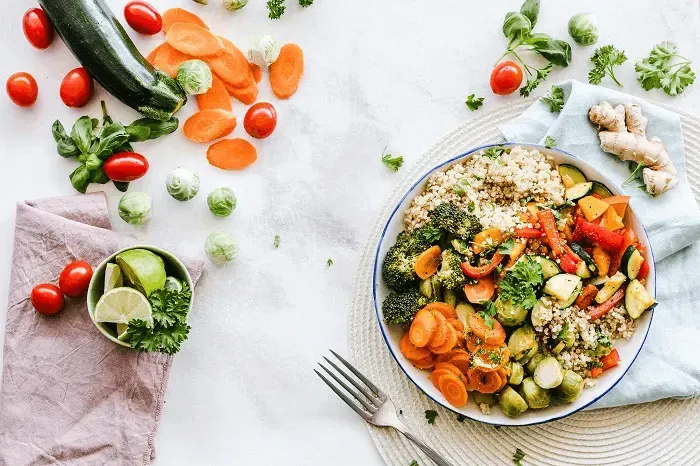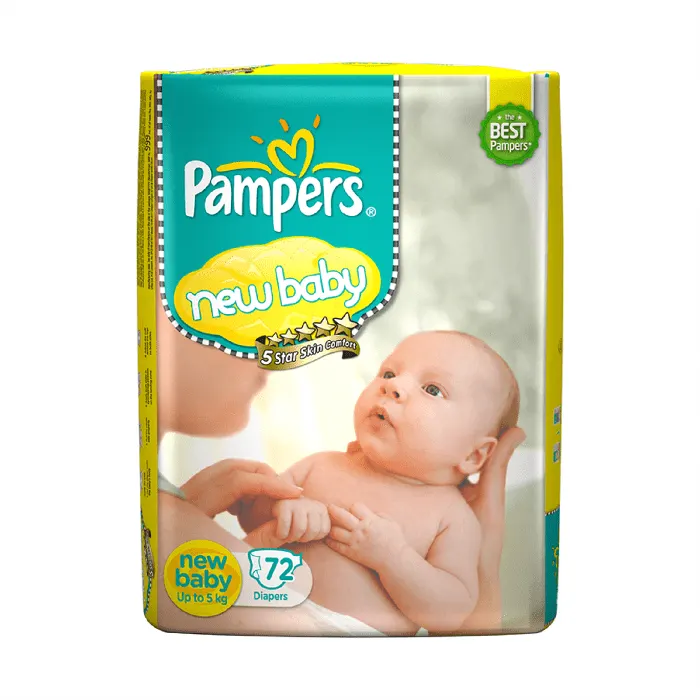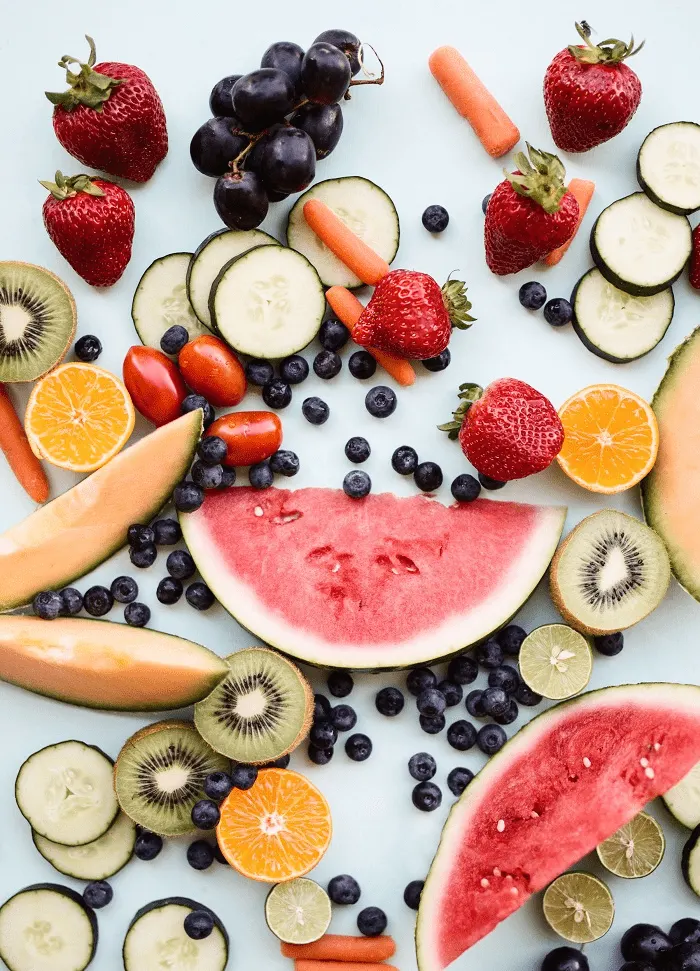Best Postpartum Diet: Food Options After Delivery For Mother
Weight gain during pregnancy is a natural and essential part of motherhood, influenced by various factors that support both the baby's and the mother’s well-being. After childbirth, many mothers focus on regaining their strength, nourishing their bodies, and maintaining overall health rather than simply shedding extra kilos.
Since a mother’s well-being directly impacts her baby, especially if she is breastfeeding, it’s important to follow a balanced postnatal diet. Such a diet promotes recovery, provides sustained energy, and supports long-term health.
Mothers may notice an initial drop in weight after childbirth due to the birth of the baby, exit of placenta and amniotic fluid. Other changes such as fat stores, increased blood volume, and breast tissue development also play a role in postpartum health and weight. To ensure a smooth recovery and optimal nourishment, let’s first understand the key factors influencing postpartum health before exploring an ideal postnatal diet plan.
What causes weight gain during pregnancy?
During pregnancy, women typically gain 10-15 kg, which is essential for the baby’s development and the mother’s health. This weight is attributed to the baby, placenta, amniotic fluid, increased blood volume, and accumulated fat stores. These reserves provide the energy needed for childbirth and to support breastfeeding after delivery.
Following a postnatal diet is crucial to replenish lost nutrients and promote recovery. A well-balanced post pregnancy diet should include protein-rich foods, iron, calcium, and essential vitamins to restore strength. The right food after delivery for Indian mothers includes traditional options like dal, leafy greens, dry fruits, and ghee, which aid digestion, boost immunity, and enhance lactation.
An effective postpartum diet promotes healing, boosts energy levels, and supports both the mother’s and baby’s health. Following the right diet after pregnancy helps navigate postpartum changes while ensuring overall well-being.
Importance of a Balanced Diet After Delivery
A nutritious and balanced postnatal diet is crucial for a mother’s recovery and overall health. Proper nutrition helps restore lost nutrients, aids in tissue repair, and ensures the production of nutrient-rich breast milk. A newborn relies entirely on breast milk for nourishment, which is why a mother’s post pregnancy diet should be rich in essential nutrients to support the baby’s growth and immunity. Also, even if a mother is unable to breastfeed or chooses not to, maintaining a balanced diet remains equally important for her recovery. A nutrient-rich postnatal diet helps speed up recovery, supports emotional well-being, restores energy levels, and aids in healing after childbirth. Whether breastfeeding or not, nourishing your body with wholesome foods is key to embracing motherhood in good health. Additionally, hormonal fluctuations after childbirth can impact mood, energy levels, and metabolism. A nutrient-dense postpartum diet helps regulate hormones, prevent postpartum depression, and promote steady energy levels, ensuring both physical and emotional well-being.
Essential Nutrients, Vitamins & Minerals for a Postnatal Diet
A balanced diet after pregnancy should include a variety of nutrient-rich foods to support recovery and breastfeeding. Here are some key components:
Protein: Supports muscle repair and milk production. Include lentils, eggs, chicken, fish, paneer, and legumes.
Iron: Helps replenish blood loss during delivery. Found in spinach, jaggery, dates, and red meat.
Calcium: Supports bone health and milk production. Sources include dairy products, ragi, almonds, and sesame seeds.
Fibre: Aids digestion and prevents constipation. Eat whole grains, fruits, vegetables, and nuts.
Hydration: Staying hydrated is crucial for breast milk production. Drink plenty of water, coconut water, buttermilk, and herbal teas.
Healthy Fats: Support brain function and energy. Include ghee, nuts, seeds, and fatty fish.
Foods to Avoid: Excess caffeine, alcohol, spicy and oily foods, and processed items, as they may affect digestion and milk quality.
Weekly Postnatal Diet Plan for Indian Mothers
Here’s a sample meal plan with food after delivery for Indian mothers, including both vegetarian and non-vegetarian options.
Day 1
Breakfast: Ragi porridge with almonds
Mid-morning: Coconut water and a handful of nuts
Lunch: Dal, rice, ghee-roasted veggies, and curd
Evening: Herbal tea with jaggery and murmura or puffed rice
Dinner: Palak paneer with chapati and buttermilk
Day 2
Breakfast: Moong dal chilla with mint chutney
Mid-morning: Fresh fruit and soaked almonds
Lunch: Fish curry with rice and sautéed greens
Evening: Roasted makhana with the cup of bone broth – warming, nutrient-packed, and easy to digest
Dinner: Khichdi with mixed veggies and curd
Day 3
Breakfast: Oats with dates and flaxseeds
Mid-morning: Buttermilk with ajwain
Lunch: Chicken curry, rice, and cucumber raita
Evening: Dry fruit laddoo and herbal tea
Dinner: Paya soup – slow-cooked and rich in collagen, ideal for postpartum bone health
Day 4
Breakfast: Besan cheela with coconut chutney
Mid-morning: Papaya and walnuts
Lunch: Rajma chawal with ghee and salad
Evening: Sprouts chaat with lemon
Dinner: Fish fry with roti and sautéed greens
Day 5
Breakfast: Dalia with nuts and jaggery
Mid-morning: Herbal tea with dates
Lunch: Chicken soup with roti and bhindi sabzi
Evening: Roasted peanuts and ajwain water
Dinner: Vegetable pulao with curd
Day 6
Breakfast: Poha with peanuts and coconut
Mid-morning: Fresh orange juice and sesame seeds
Lunch: Paneer bhurji with rice and dal
Evening: Almond milk and whole wheat crackers
Dinner: Dal paratha with curd
Day 7
Breakfast: Idli with sambar and coconut chutney
Mid-morning: Banana with a handful of nuts
Lunch: Mutton curry with rice and sautéed greens
Evening: Dry fruit barfi and fennel tea
Dinner: Tomato soup with chapati and lauki sabzi
Articles Related To Healthy Pregnancy
Key Takeaway
A nutrient-rich postnatal diet plays a crucial role in postpartum recovery, ensuring a mother regains her strength while providing optimal nourishment for her baby. The right food after delivery for Indian mothers includes traditional, easily digestible, and nutrient-dense meals that support lactation, hormonal balance, and overall well-being. By following a well-balanced post pregnancy diet, mothers can recover optimally, stay energised, and ensure the best health for both them and their babies.
FAQs
Avoid processed foods, excess caffeine, alcohol, spicy and oily foods, and aerated drinks, as they may affect digestion and milk quality.



